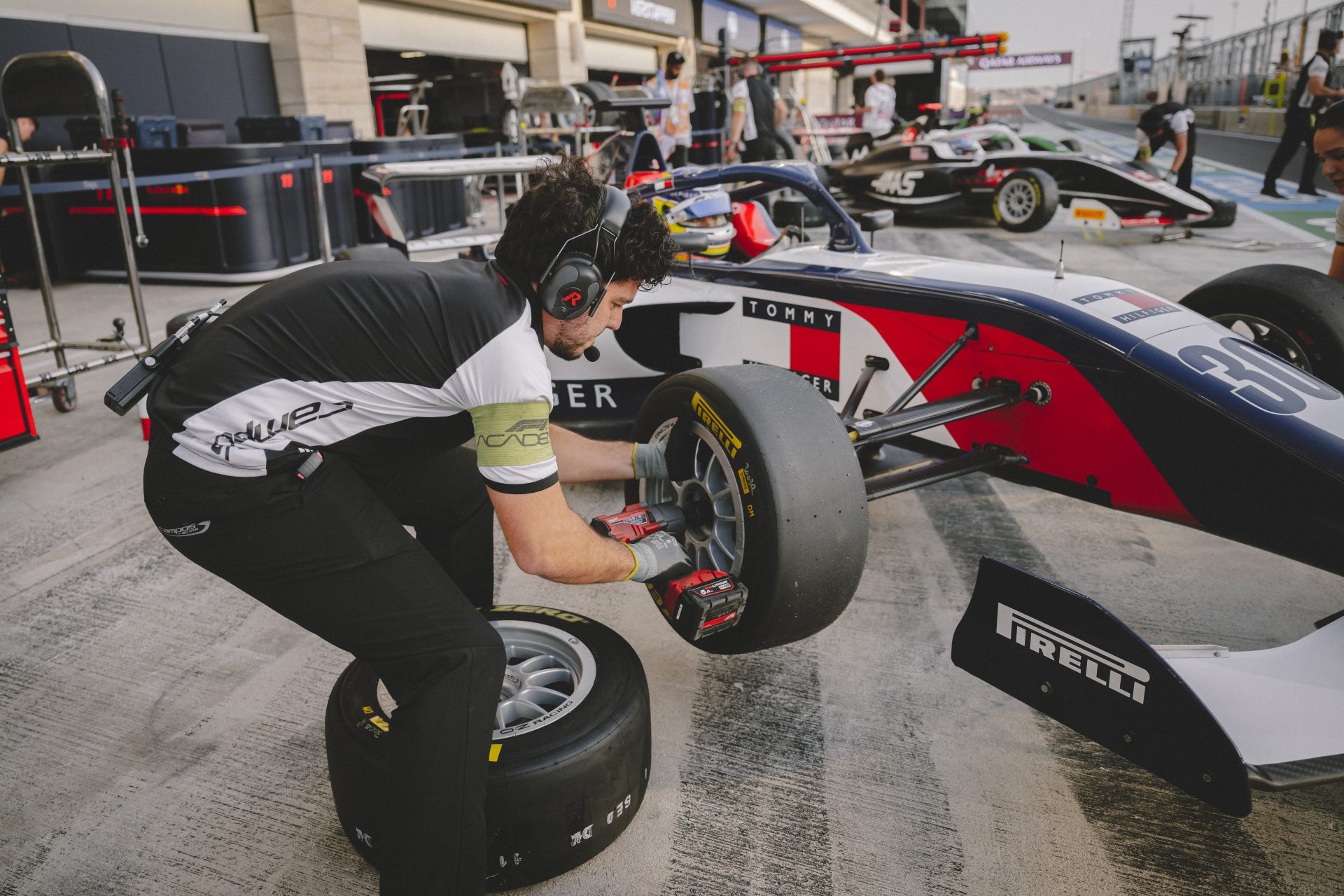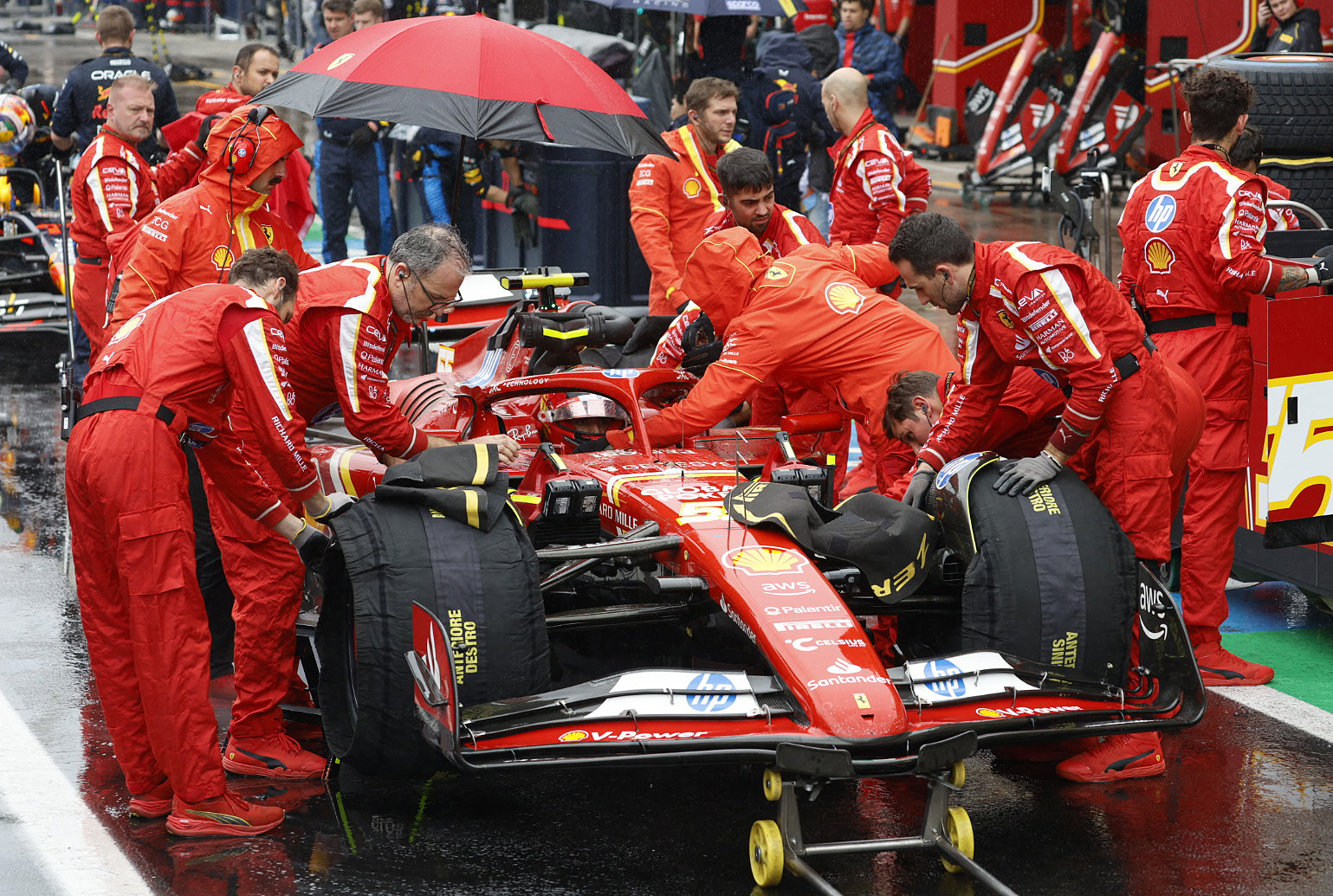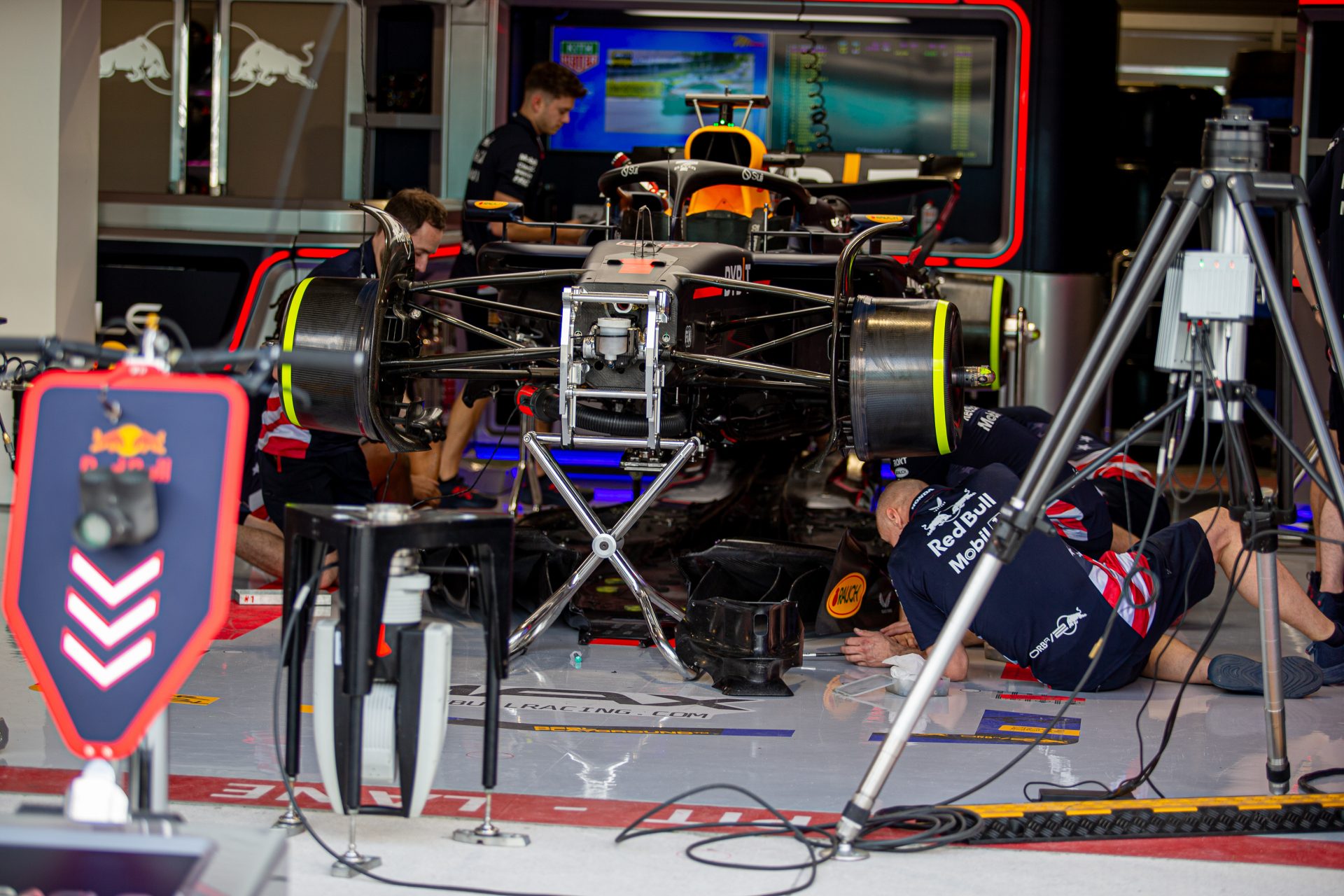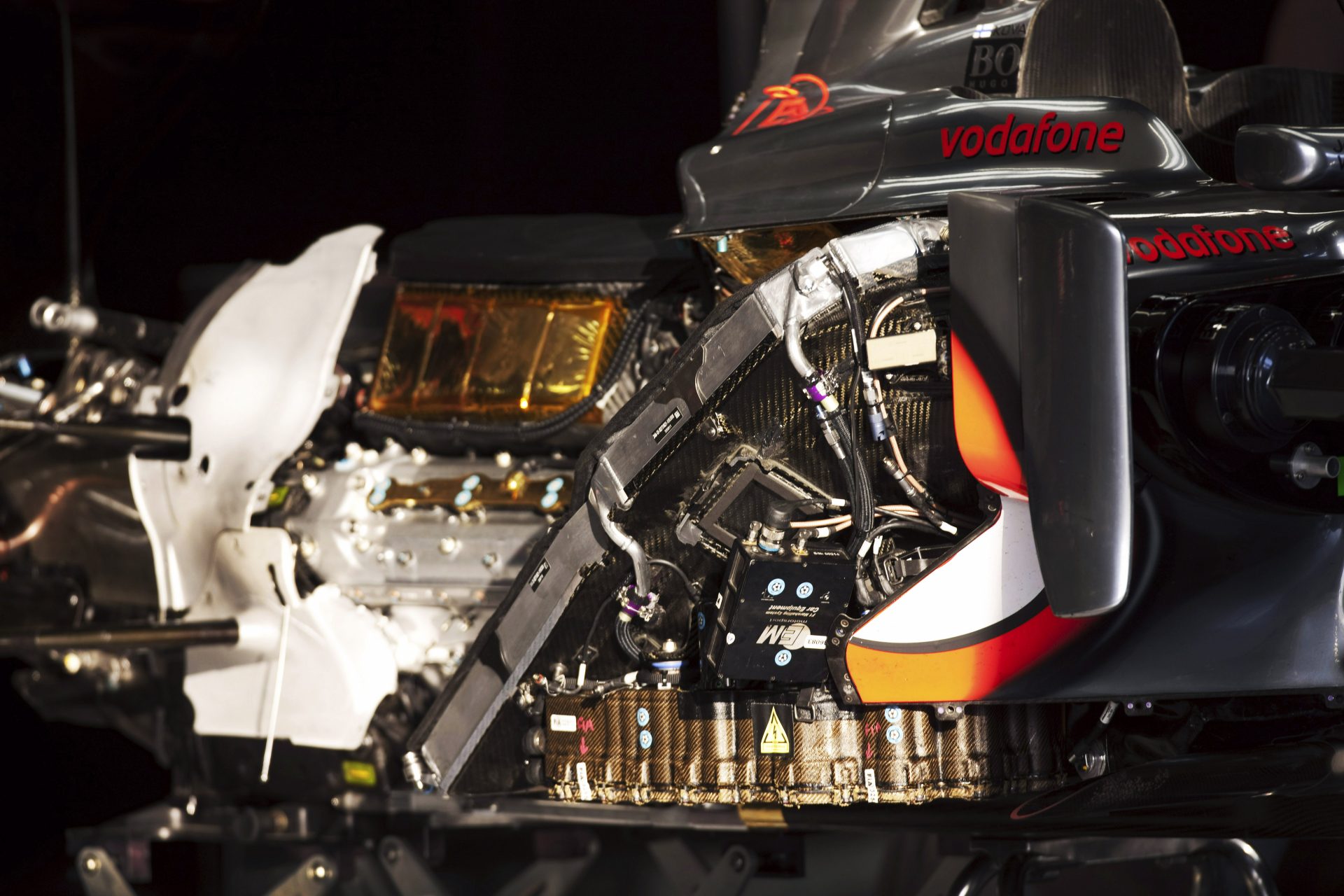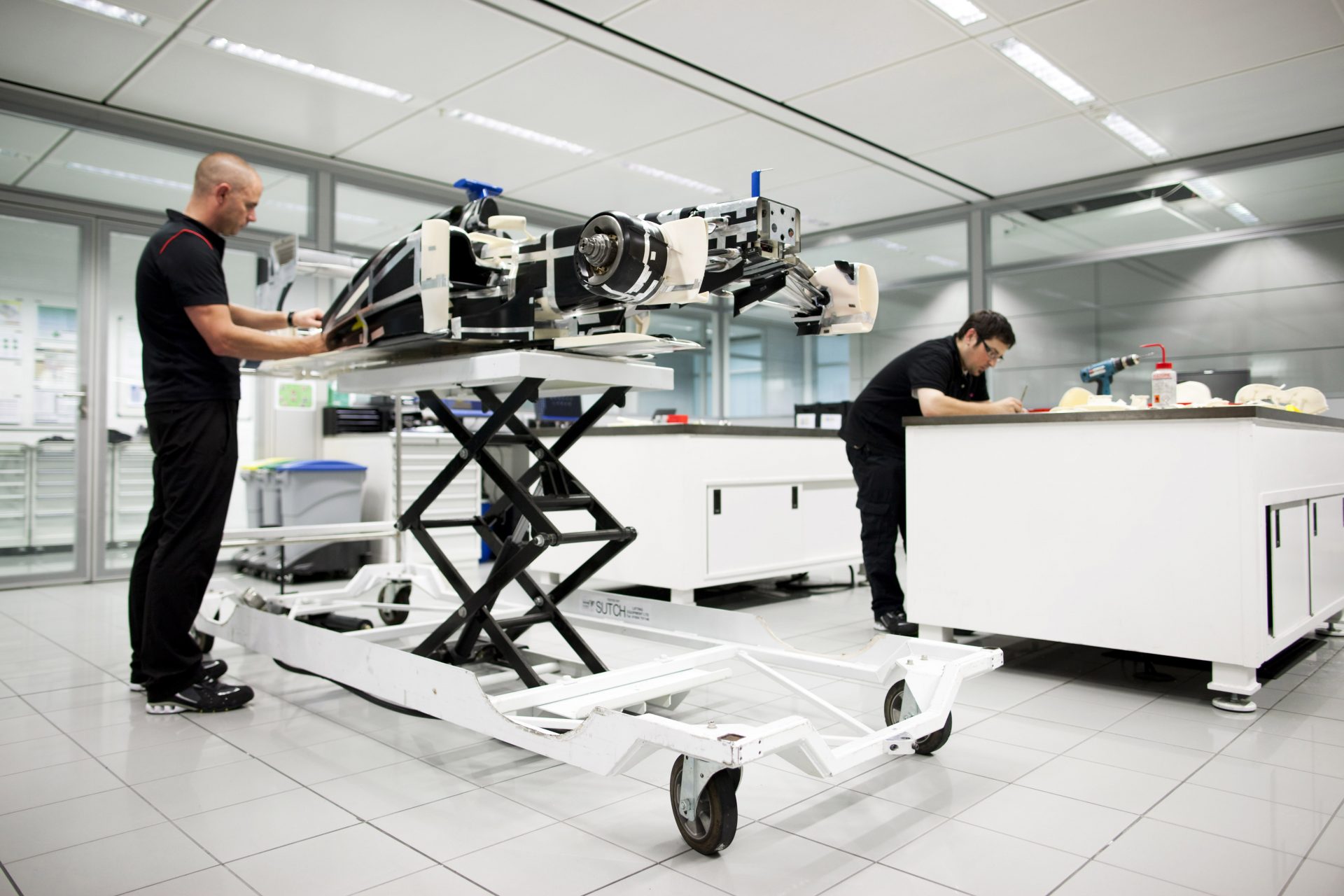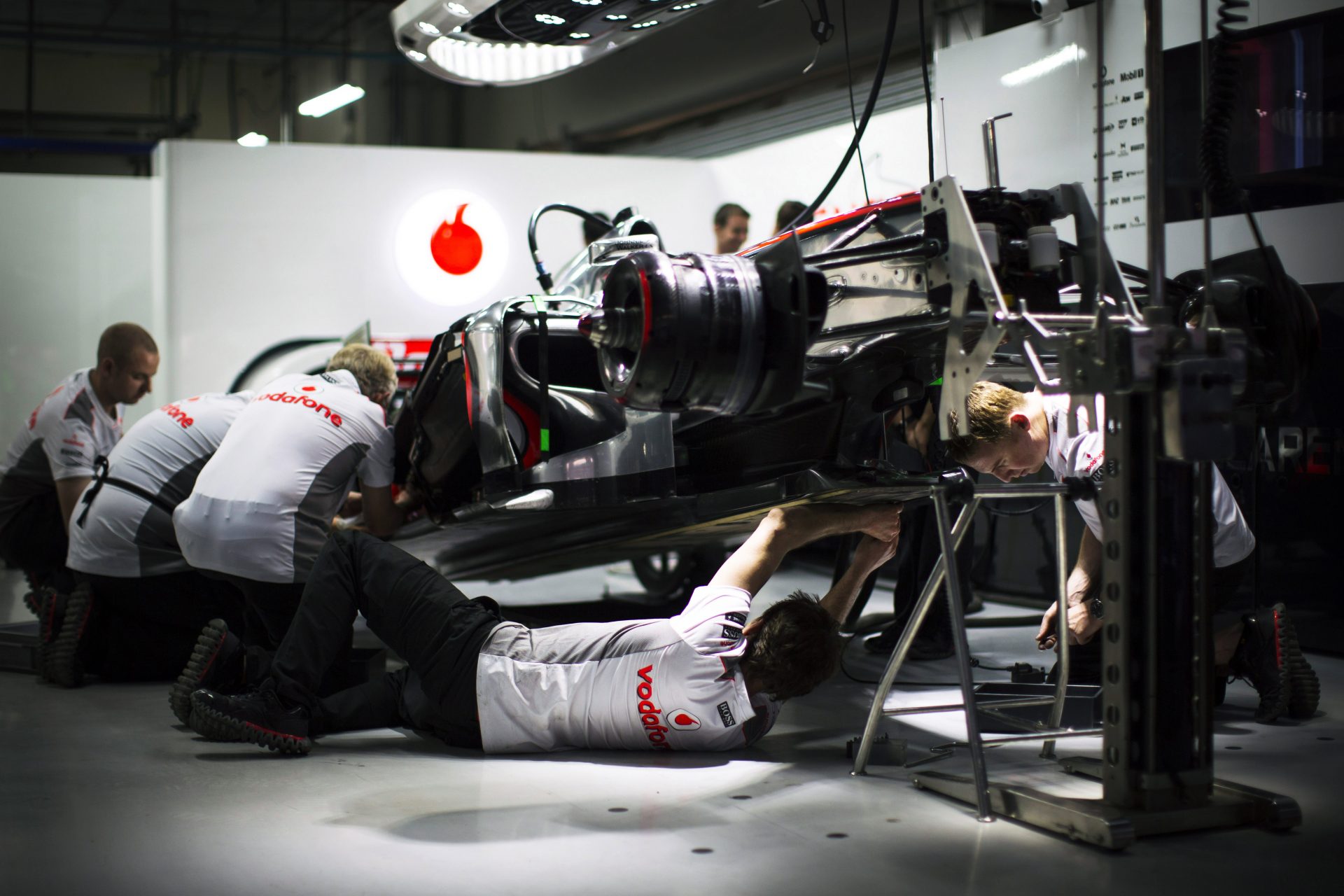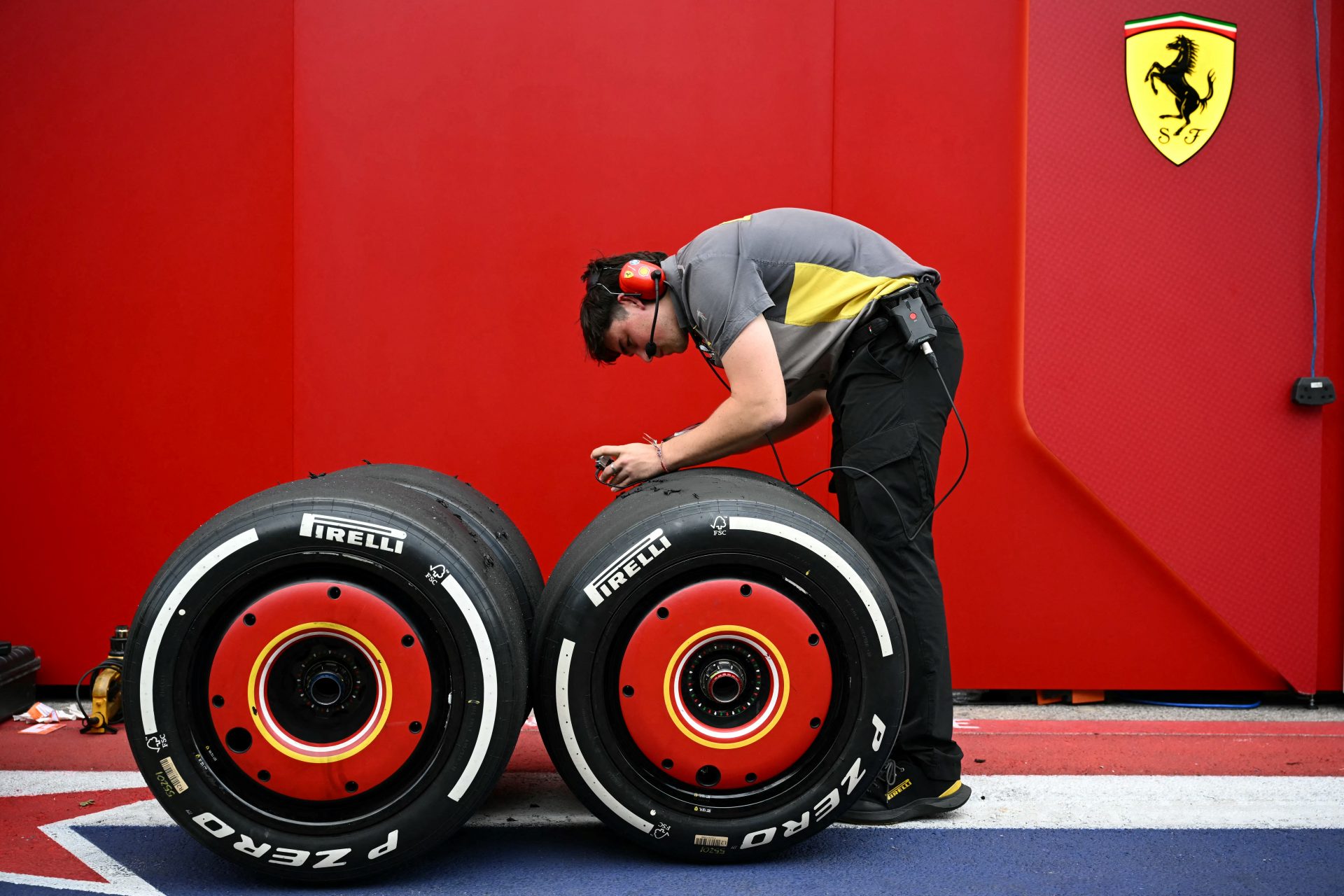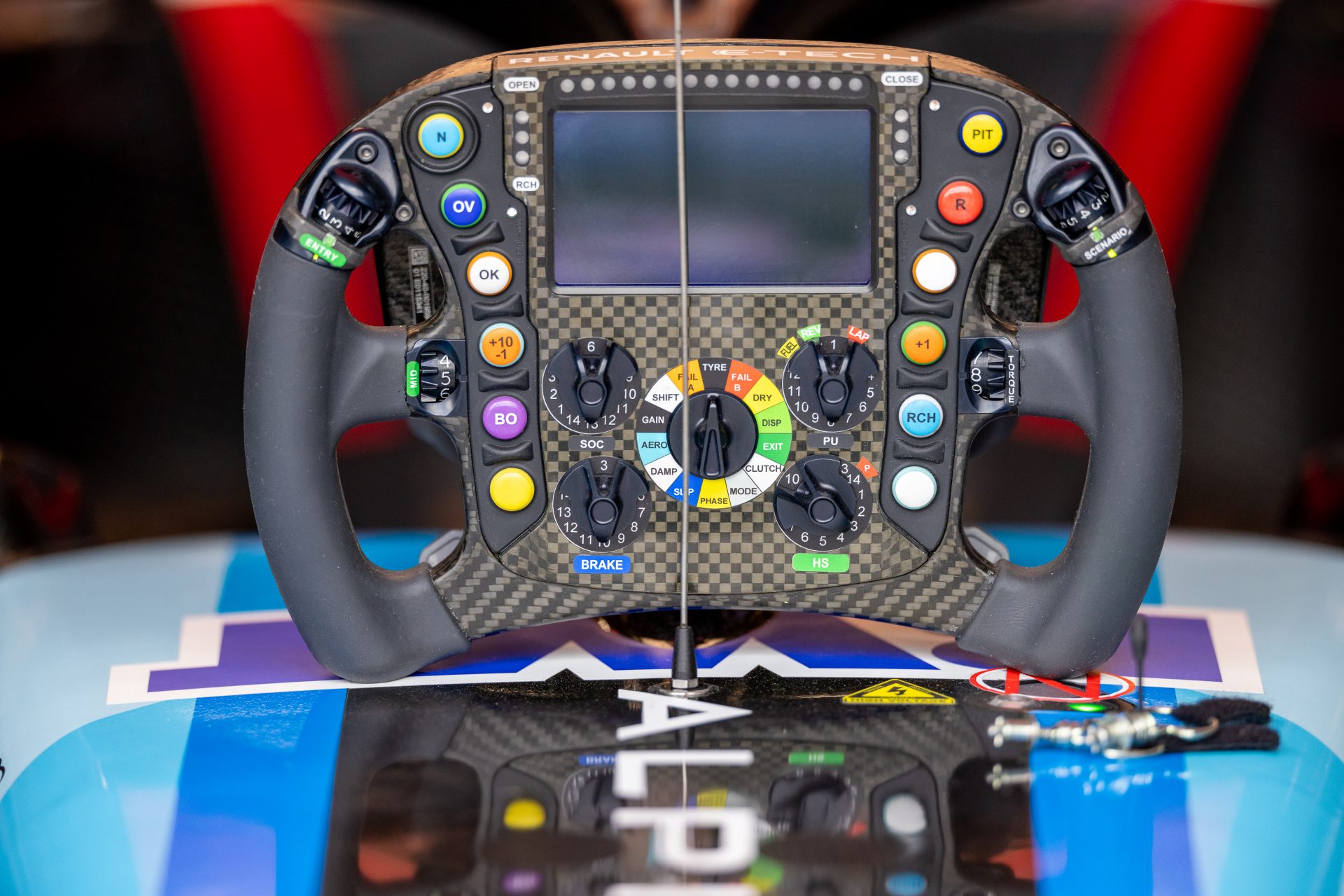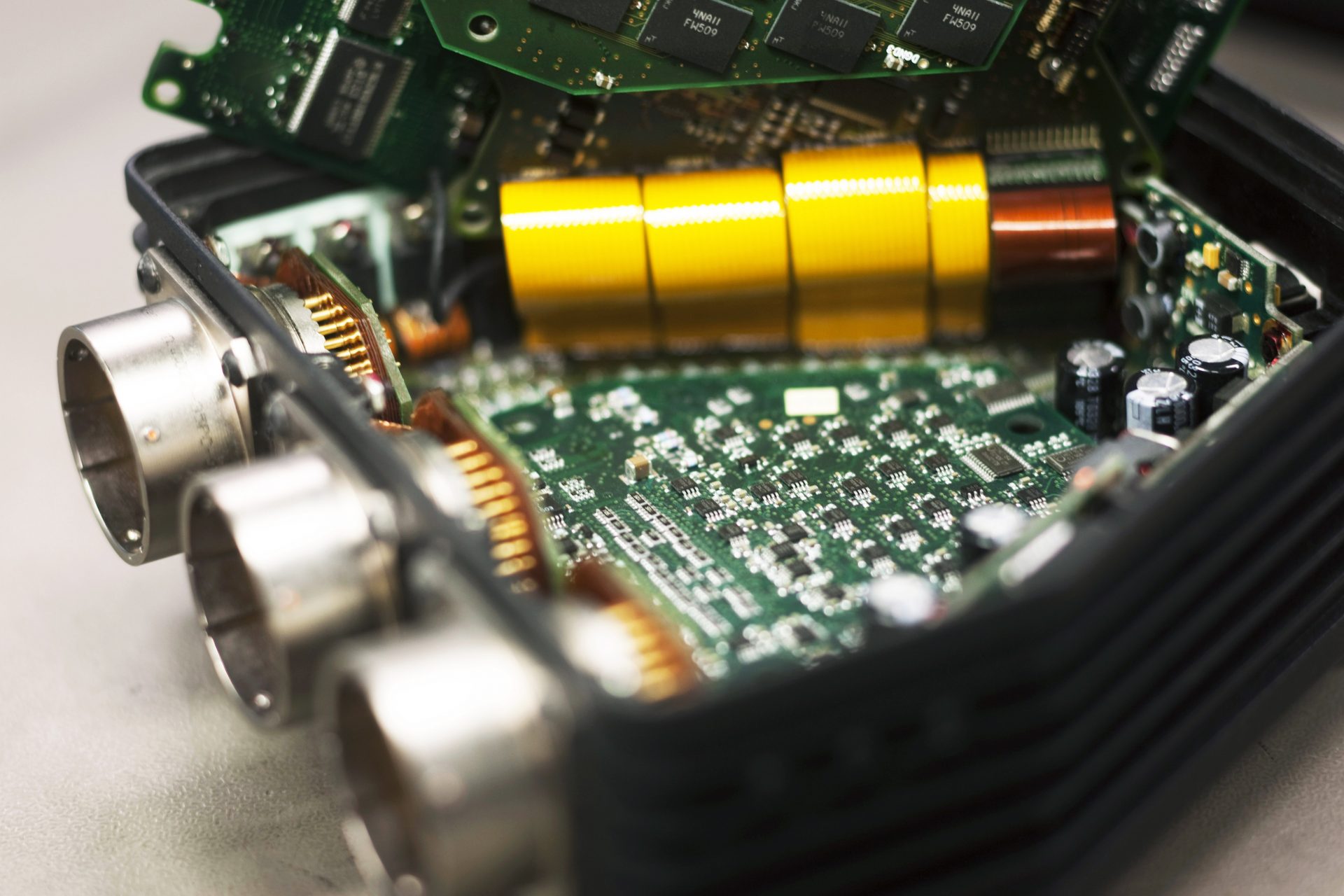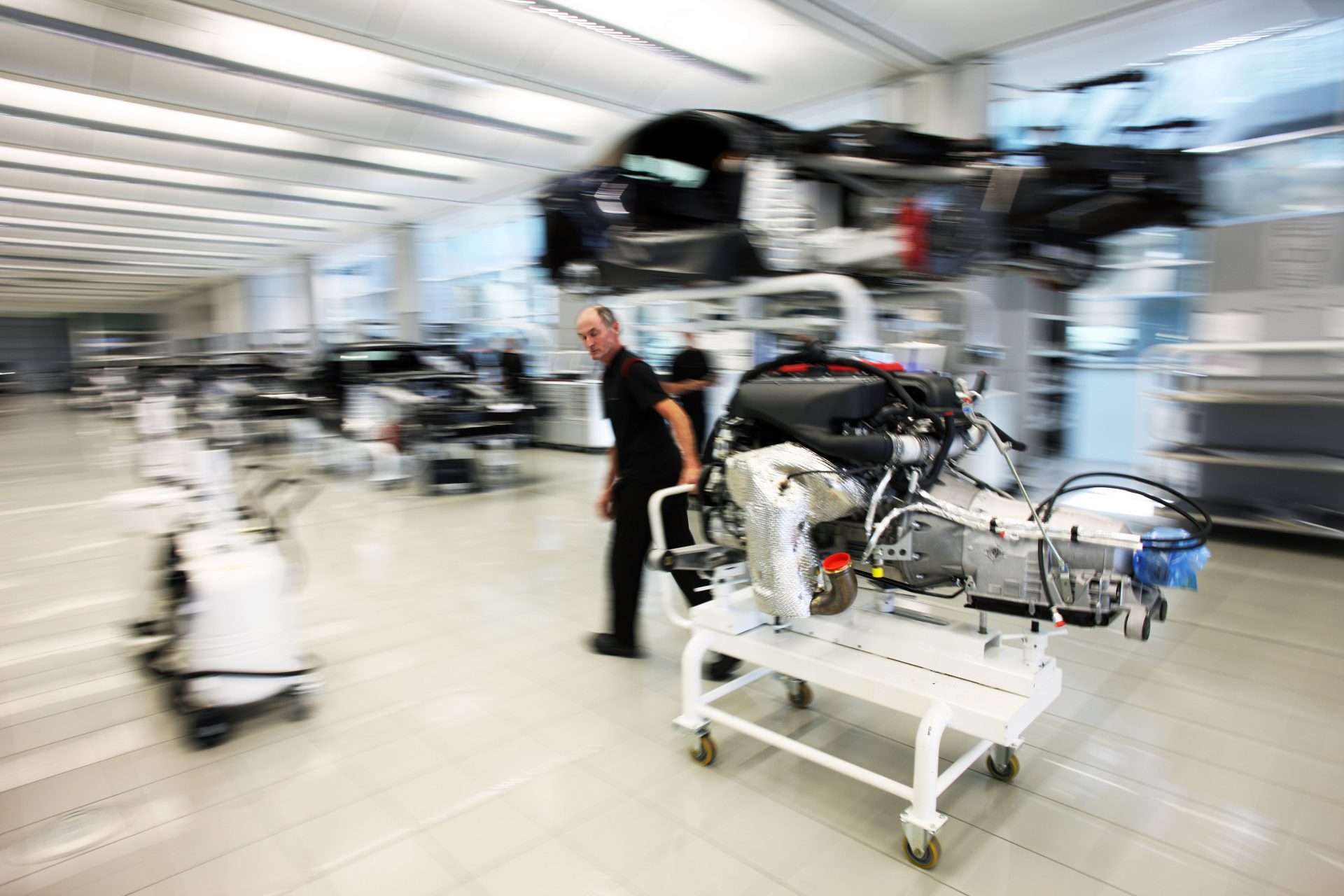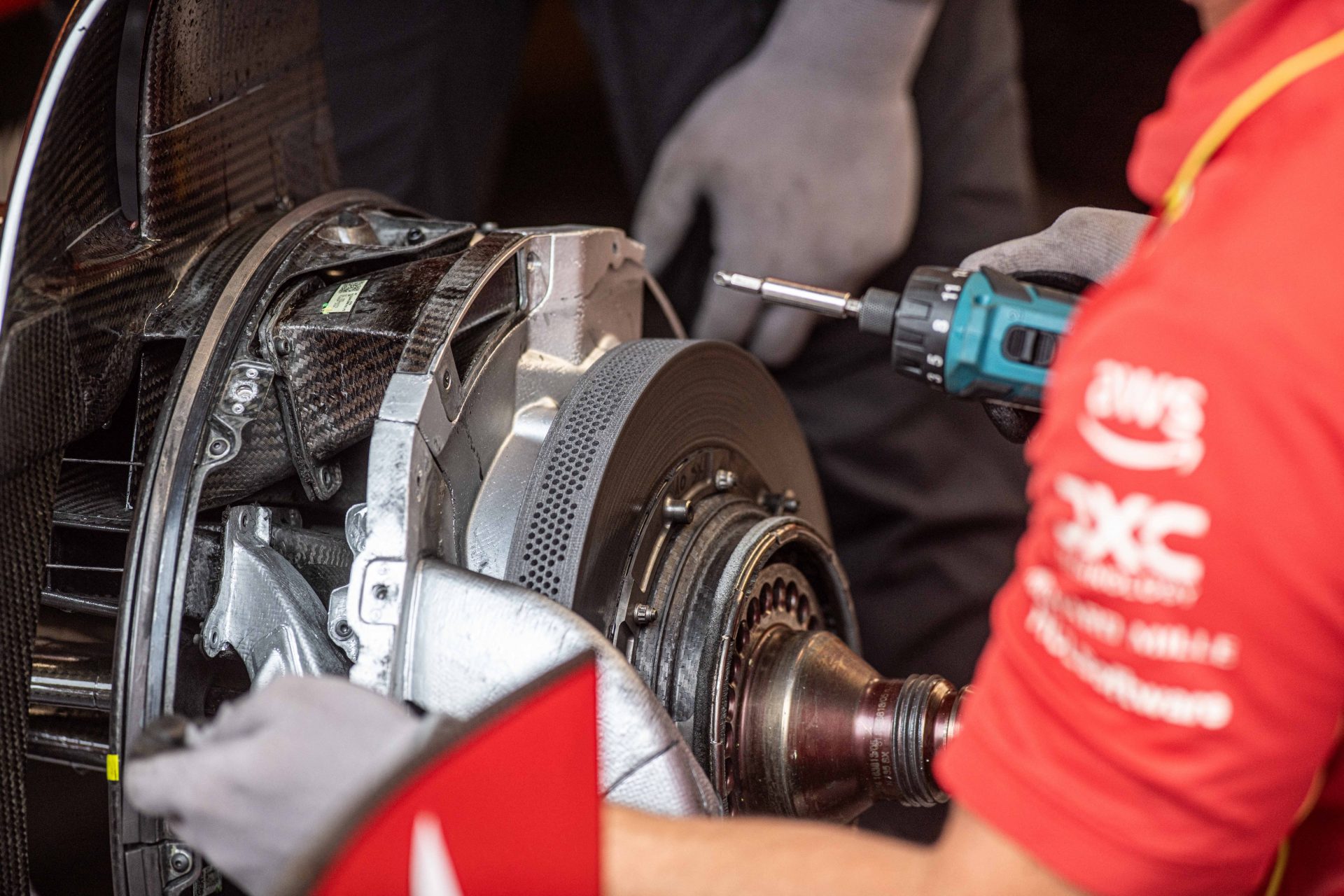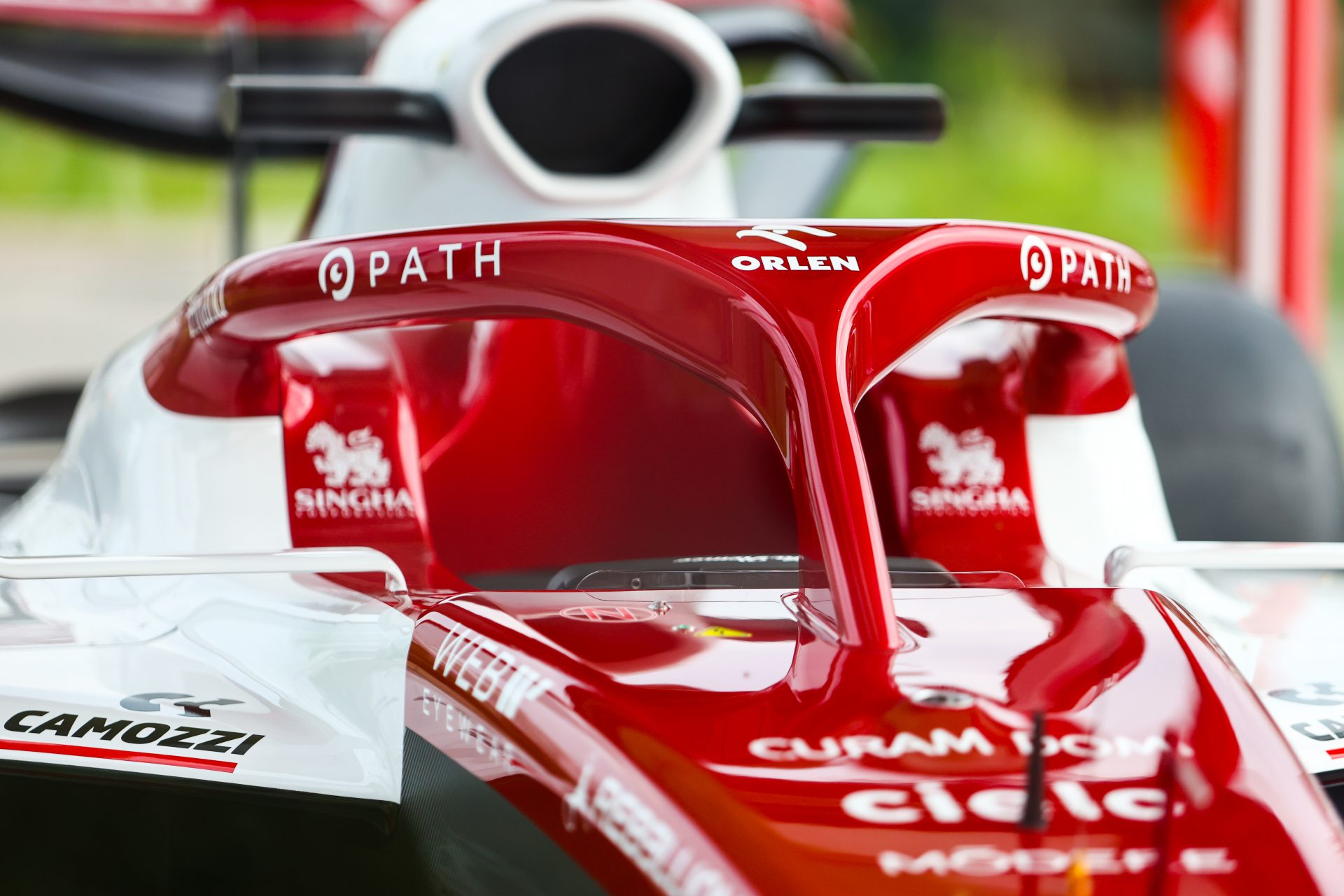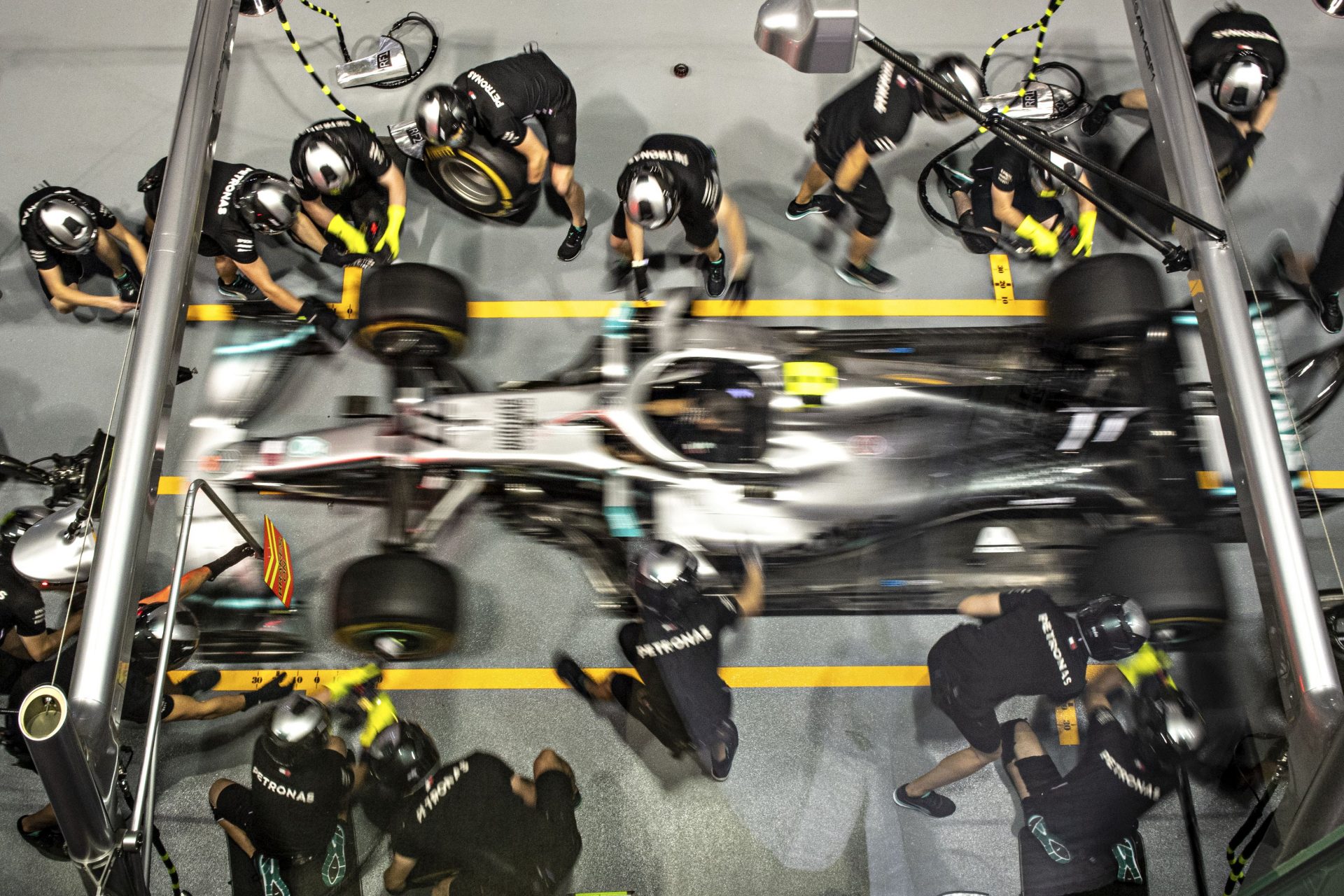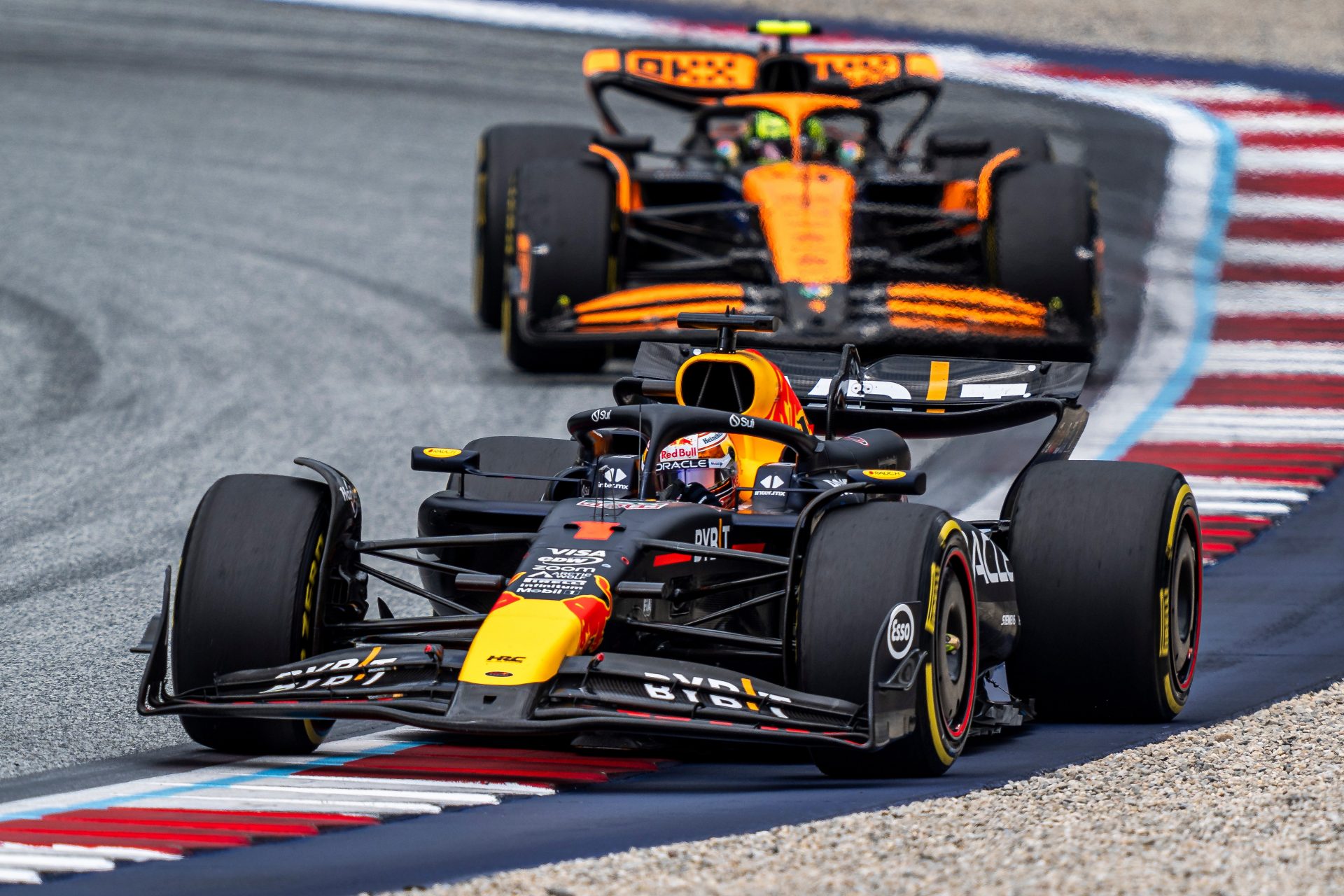How much does it cost to build a Formula 1 car?
But just how much does it cost to build one of these high-performance machines? Let’s break down the staggering price tag of an F1 car. All figures are in US dollars.
The chassis is the structural core of the car and the most expensive single component. It is made from carbon fiber composites, known for being incredibly lightweight and strong. The manufacturing process involves precision molding and baking in autoclaves, which are specialized ovens. This material and process are costly, but essential for maximizing aerodynamics and crash safety.
Want to see more like this? Follow us here for daily sports news, profiles and analysis!
The power unit is the most expensive component, often consuming the lion’s share of the budget. Modern F1 engines are hybrid turbocharged V6 systems with advanced energy recovery systems (ERS). Teams spend heavily on engine development for performance optimization, while ensuring they meet strict FIA regulations.
Aerodynamics play a crucial role in F1 performance, dictating the car's speed, cornering ability, and fuel efficiency. Teams spend millions in wind tunnel testing and Computational Fluid Dynamics (CFD) simulations to optimize airflow around the car, This includes the use of the rear and front wings, which can each cost around 200,000 each, as USA Today reports.
The suspension system ensures the car remains stable and maintains grip during high-speed cornering. It’s built from exotic materials like titanium and carbon fiber for durability and weight reduction. Each suspension setup is meticulously tuned to match the car's aerodynamics.
Each F1 car uses specially designed Pirelli tires, which cost approximately $2,000 per tire, as Sporting News reports. Throughout a race weekend, a team might use 10-13 sets of tires per car, including slicks, intermediates, and wets.
An F1 steering wheel is more than just a directional control; it’s the driver’s command center. Packed with buttons, switches, and a digital display, it allows the driver to control everything from engine modes to brake balance. Each steering wheel will have an ergonomic design tailored to individual drivers.
Modern F1 cars rely on advanced electronic systems to monitor and optimize performance. These include data acquisition systems, telemetry, and control units like the Electronic Control Unit (ECU).
Want to see more like this? Follow us here for daily sports news, profiles and analysis!
The gearbox in an F1 car is an 8-speed, seamless shift system designed to withstand extreme stresses, while providing ultra-fast gear changes. Each gearbox is made from lightweight, durable materials.
A much more sophisticated system than you would see in any domestic vehicle, the braking systems in F1 cars features carbon-carbon discs and pads designed for extreme temperatures. So sophisticated, these systems will allow drivers to decelerate from over 200 mph to a standstill in seconds, as Motorsport magazine reports.
This includes the Halo device, seat belts, and fire-resistant suits, all designed to ensure the driver’s safety in case of a crash. Each piece undergoes rigorous testing to meet FIA safety standards.
Combining these elements, the cost of a single F1 car averages around $12-15 million. However, factoring in operational costs, spare parts, and mid-season upgrades, the annual expenditure can rise dramatically, often exceeding $250-400 million for top teams each season.
Want to see more like this? Follow us here for daily sports news, profiles and analysis!
More for you
Top Stories



